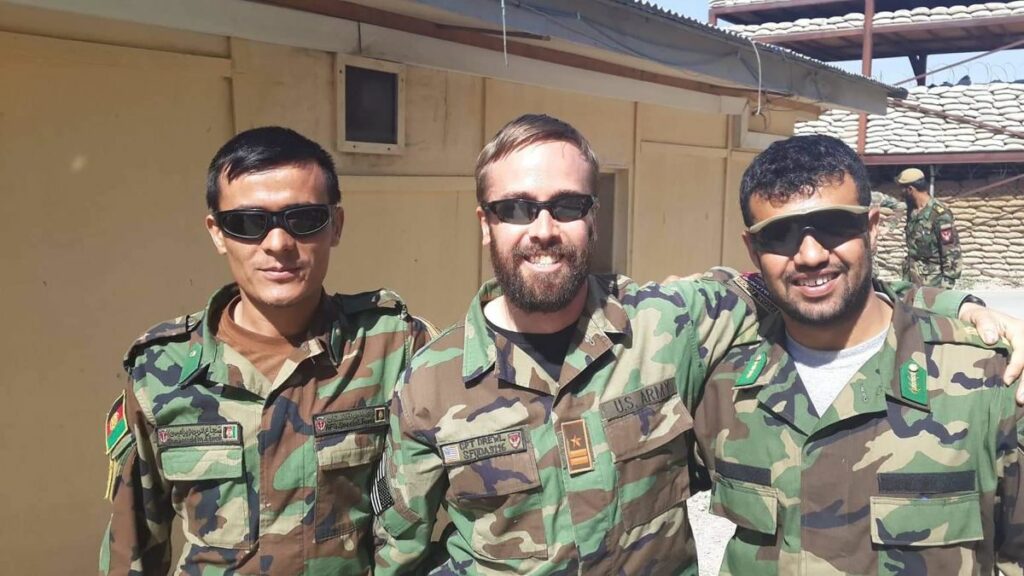Elite Afghan military pilots resettled in US fear for family they had to leave behind

He is adjusting — slowly, he admits — to a new country. But everyone who would truly make America a place he could call home — his wife and four children, his two sisters and his mother — is still thousands of miles away, trapped in his native Kabul.”I am starting from zero to build up my life,” Khohestani told CNN, “but now I have a big issue and big problems in Afghanistan.”In mid-August, he and other pilots from the Special Mission Wing flew their aircraft across the border to Uzbekistan and Tajikistan in a desperate bid to keep some of the Afghan military’s most advanced equipment from falling into Taliban hands and thereby enabling their own de facto air force.Many fled the country without their families during the audacious move. They have waited for the US to evacuate their loved ones ever since. “All those families, they’re stuck in Kabul,” Khohestani told CNN.”These are people that are seriously in danger and distressed, and their extended family is all vulnerable as well,” said retired Green Beret Drew Horn, who deployed to Afghanistan three times, working with Afghan commandos.”They saved my life and many of my men’s lives on multiple occasions and we developed a very strong bond with them,” Horn told CNN. “They were there for us in our hour of need, and we need to do the same for them.”For Horn and other US veterans of two decades of fighting in Afghanistan, the mission is intensely personal.”We went into some of the most dangerous areas in Afghanistan and took out probably some of the most dangerous enemy targets, and they were right there with us,” Horn said.He’s among a group of Americans, many of them veterans with one or more deployments to Afghanistan, who have been trying to find a way to help the Afghan pilots bring their families to the US. “Belal saved my life three times in combat, literally,” Peter Quinn, a Army veteran who deployed to Afghanistan and fought with the Special Mission Wing, told CNN. “It wasn’t just Belal. It was the entire SMW. They protected me and safeguarded us on a daily basis.”Quinn has worked to get visas for the families of Khohestani and other Afghan military pilots to leave Afghanistan, through Pakistan, India and other locations so they can begin making their way to the United States. The process is not easy, with no direct flights and a screening and vetting process for each Afghan refugee.Quinn is undeterred.”These guys are heroes,” said Quinn. “They need to be welcomed warmly.””We were counterparts. We were doing the missions together,” said Hashmatullah Ahmadzai, also a helicopter pilot with the Afghan Special Mission Wing. “SMW was kind of part of the US armed forces.”Ahmadzai hasn’t seen his wife and son in more than four months.The hardest time was right after he arrived in Uzbekistan, he said, because the authorities there took his cell phone. He would wait hours for a three-minute call with his family. Now living in California, he is thousands of miles farther away, but he can communicate with them on messaging services.For their own safety, Ahmadzai said his family is constantly on the move. His father and brothers were also in the Afghan military fighting the Taliban, which he fears makes them a target for retribution.”We lost everything. Our job, our house, our money. We start here from zero,” Ahmadzai said.”The United States is a good country, a good economy, good work, but it still takes time to make your life better.”A better life for the Special Mission Wing pilots begins with a family reunion, but they must contend with two uncertain futures — their own in a new country and the future of their families in a country to which they can no longer return.



